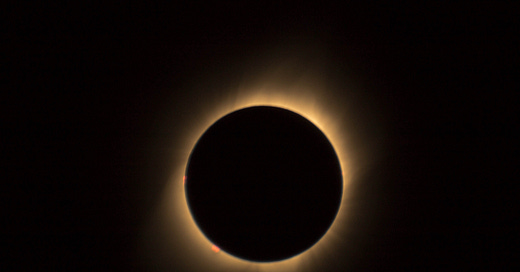Welcome to the first Bitter Scroll on Substack. I took the plunge and shifted over from MailChimp. Nothing will change with this monthly letter except the platform—thanks for sticking with me during the move, friends. And greetings, new readers!
The school bus swerving off the road without a driver, the empty bank teller booth, the vacant drive-through w…
Keep reading with a 7-day free trial
Subscribe to Bitter Scroll to keep reading this post and get 7 days of free access to the full post archives.




